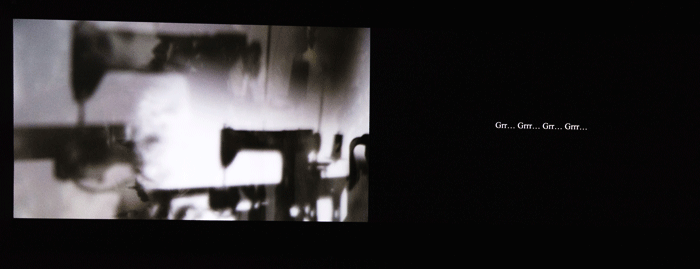Apichatpong Weerasethakul is nominated for Artes Mundi 8 alongside Anna Boghiguian, Bouchra Khalili, Otobong Nkanga and Trevor Paglen. The biannual prize is awarded to international ‘artists who directly engage with everyday life through their practice and who explore contemporary social issues across the globe’, with the shortlist selected from over 450 nominations spanning 86 countries. An exhibition of the shortlist is now open at National Museum Cardiff and the winner will be announced 24 January. ArtReview is media partner to Artes Mundi 8.
ArtReview: What are you planning to show in Cardiff? How did you decide on this particular work?
Apichatpong Weerasethakul: It’s a double-channel video projection called INVISIBILITY. It features shadows. I had a discussion with Artes Mundi and we considered what pieces have or have not shown in the UK, how it embodies my current interests, how the work can operate in the Cardiff’s exhibition space.
Artes Mundi is specifically interested in everyday life, what role do you see art playing in vernacular culture?
To me art stems from truth, even in fictional forms. There is always a lot to be discovered on a vernacular level within a community itself. At the same time art is a tool to communicate and break the local inertia and even beliefs and allows a local culture to evolve.
What strategies should an artist take to escape the insularity of the gallery?
Well, there are not many galleries at home in Thailand. But from what’s available, they play an important role in stimulating and often countering what is fed by to us by the authoritarian state. I have worked with galleries out of Thailand and many times it led to non-gallery spheres such as performance, films, etc. I think you don’t need to escape from anything but go in the direction that you feel truthful to your expression.
Given its remit, the artists nominated for Artes Mundi often deal is one or another with politics. In these intemperate times, should art seek to foster unity or to provoke opposition?
Art, like people, should have different personalities and temperaments. But I am often sceptical of art that fosters unity.
